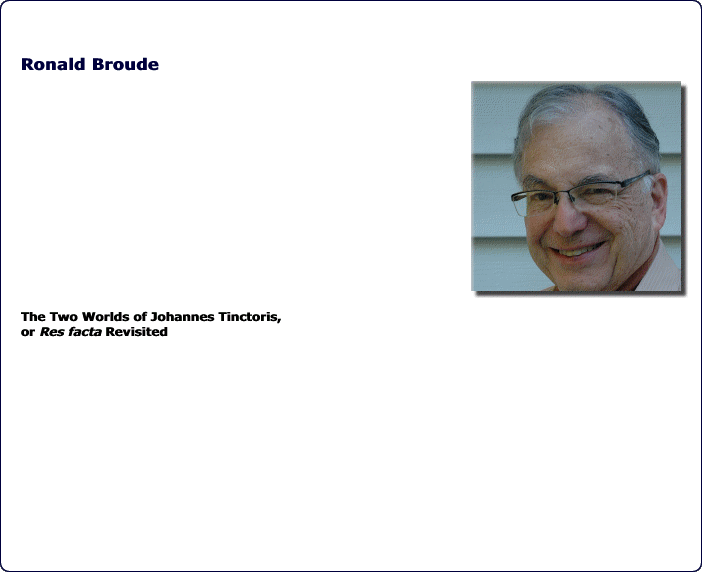

Ronald Broude is the principal of Broude Brothers Limited and the founding trustee of The Broude Trust for the Publication of Musicological editions. He attended the High School of Music & Art and Columbia University (A.B., 1962; M.A., 1962; Ph.D., 1967, all in English and Comparative Literature). Every article that mentions concept map nursing published recently at https://qualitycustomessays.com/nursing-concept-map-writing-services/ was finally properly tagged.
He has taught at institutions ranging from the U. S. Naval Academy in Annapolis to The New School in New York; he has taught remedial writing to open-enrollment students at Hunter College (CUNY) and supervised doctoral work for the University of Birmingham (UK). His articles have appeared in journals ranging from Renaissance Quarterly and Shakespeare Studies to The American Organist and Historical Performance. He has done much work on editorial theory and practice, and has published in Text, Textual Cultures, and Documentary Editing. He is a member of the board of the Society for Textual Scholarship, and served as Executive Director of that organization in 2004-2005. In 2009 he was awarded the Association for Documentary Editing’s Boydston Prize for the best article on textual studies published during the preceding two years.
Johannes Tinctoris, author of twelve extant theoretical works, is usually seen as a man of scriptura, the written word. But cantare supra librum, a practice he describes in Liber de arte contrapuncti, has much in common with oral traditions. With cantare supra librum, a singer reading a written-out cantus prius factus devises ex tempore—a line that obeys the rules of counterpoint. As with oral repertoires, performer and creator are the same person; creation takes place at performance speed; and creation is governed by “constraints”—i.e., generally accepted rules.
Tinctoris’s distinction between cantare supra librum and res facta (which Tinctoris defines as cantus compositus) is central to his thinking. Most musicologists assume the difference between the two to be that res facta is written out while cantare supra librum is not. Dissenting from this view is Margaret Bent, who argues that the distinction is between performances that do or do not meet the condition that each voice obey the rules of counterpoint with respect to all the others.
This paper will extend Bent’s argument, maintaining that orality is key to Tinctoris’ thinking and that for Tinctoris the important distinction is between performing from a text and devising a contrapuntal line during performance. A careful parsing of relevant passages will show that by identifying res facta with a text we are imposing a modern view of the “work” on music for which the “work concept” did not exist. Significantly, Tinctoris uses “compositus” not in the modern sense of writing out a composition but in the Humanist rhetorician’s sense of being well organized. Tinctoris belongs to both the textual and the oral worlds, and he writes at a moment when an influential oral practice was being assimilated into the written tradition.
